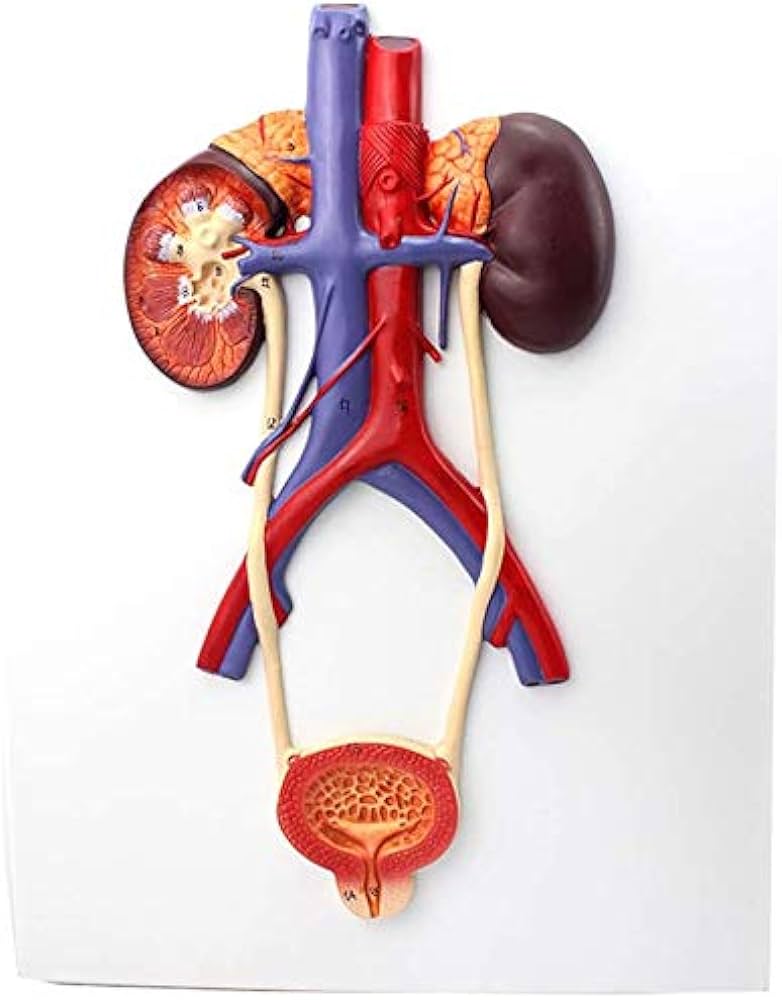Urological treatments encompass a wide range of interventions aimed at addressing conditions affecting the urinary tract and male reproductive system. While these treatments can often provide significant relief from symptoms and improve quality of life, they may also carry potential risks and side effects. Understanding these risks is essential for informed decision-making and optimal management of urological conditions.
Here are some common potential risks and side effects associated with urological treatments:
- Medication Side Effects:
- Many urological conditions are managed with medication therapy, which can sometimes cause side effects. For example, antibiotics commonly prescribed for urinary tract infections (UTIs) may lead to gastrointestinal upset, allergic reactions, or antibiotic resistance.
- Medications used to treat erectile dysfunction (such as sildenafil or tadalafil) may cause headaches, facial flushing, nasal congestion, or visual disturbances in some individuals.
2. Surgical Risks:
- Surgical interventions for urological conditions, such as prostate surgery or kidney stone removal, carry inherent risks associated with anesthesia, bleeding, infection, and damage to surrounding tissues.
- Specific procedures may have additional risks. For example, transurethral resection of the prostate (TURP) for benign prostatic hyperplasia (BPH) may lead to retrograde ejaculation or erectile dysfunction in some cases.
3. Incontinence and Sexual Dysfunction:
- Some urological treatments, particularly those involving surgery or radiation therapy, can impact urinary continence and sexual function. For instance, radical prostatectomy for prostate cancer may result in urinary incontinence or erectile dysfunction.
- Pelvic floor exercises and other forms of rehabilitation may help mitigate these effects, but they may persist to some degree in certain cases.
4. Scarring and Stricture Formation:
- Procedures like urethral dilation or urethroplasty, performed to treat urethral strictures, carry a risk of scarring and recurrent narrowing of the urethra.
- Patients undergoing these procedures may require periodic surveillance and possible repeat interventions to manage recurrent strictures.
5. Allergic Reactions:
- Some urological treatments, such as the injection of certain medications or contrast agents for imaging studies, may trigger allergic reactions in susceptible.
- It important for patients to inform their healthcare providers about any known allergies before undergoing urological procedures.
6. Long-Term Complications:
- Certain urological treatments may carry the risk of long-term complications that develop over time. For example, patients who undergo radiation therapy for prostate cancer may experience urinary or bowel problems years after treatment.
- Regular follow-up with a urologist is crucial for monitoring and managing any potential long-term complications.
7. Psychological Impact:
- Urological conditions and their treatments can have a significant psychological impact on patients, affecting self-esteem, body image, and intimate relationships.
- Psychological support and counseling may be beneficial for patients navigating the emotional challenges associated with urological conditions and treatments.
In conclusion, while urological treatments offer effective solutions for managing a wide range of conditions, it's important for patients to be aware of the potential risks and side effects associated with these interventions. Healthcare providers should thoroughly discuss these risks with patients and tailor treatment plans to minimize adverse outcomes while optimizing therapeutic benefits. Open communication between patients and providers is essential for addressing concerns, managing expectations, and achieving the best possible outcomes.





Comments